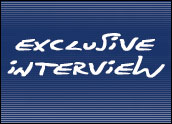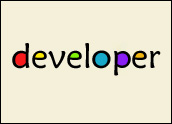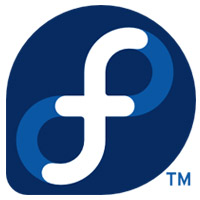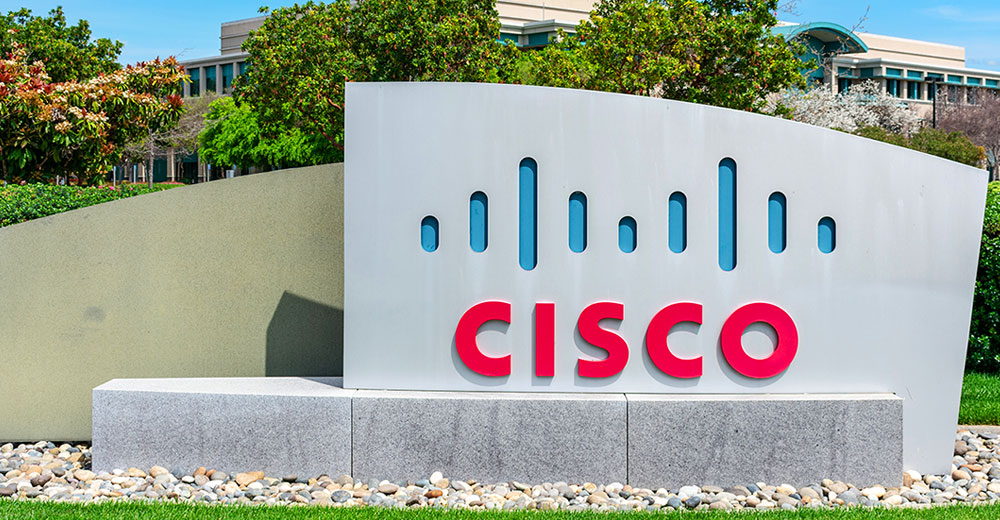
Sun Microsystems is forging ahead with plans to build an open-source community around its Solaris operating system. Those plans have been met with both enthusiasm and skepticism.
The latest development in Sun’s open-source evolution is the creation of an OpenSolaris Advisory Board. The company announced the names of five individuals selected to participate in the board on Monday. Those individuals include independent consultants, engineer consultants, the co-founder of the Apache Software Foundation and two sun staff members.
Tom Goguen, vice president of Sun’s Operating Platforms Group, said the board was created to steward the evolution of the OpenSolaris community towards self-governance. LinuxInsider caught up with Goguen to find out what the technology world can really expect going forward, and to discuss the group’s agenda, challenges and future.
LinuxInsider: What do you consider the driving factors for customer adoption ofopen-source operating systems?
Tom Goguen: A lot of it has to do with interoperability at the end of the day. You can look at the source code. You can see how it works and you can have your developers craft applications that will work best with that code. So there is nothing hidden.
There are a number of levels in which they can get engaged, whether it’s just being able to look at the source code and see what’s happening so they can optimize their own applications all the way down to, in some very high performance shops, actually being able to optimize the operating system itself for the platform that they are working with.
For some sophisticated customers open source enables them to do self-support to an extent. For others it simply means that they are not getting locked into a proprietary vendor. So there is substitutability and there is the assurance that they have that opportunity to choose best of breed.
LinuxInsider: How did you approach setting up the OpenSolaris CommunityAdvisory Board?
Goguen: First and foremost we didn’t want Sun employees to dominate. Theboard is comprised of two appointees from Sun and two people elected from the current pilot community. (It’s worth noting that although there are Sun employees in the pilot community they abstain from voting for the representatives from the pilot community.) And then there was one member from the open-source community at large that we approached and asked to join the advisory board. That was Roy Fielding from the Apache Group.
LinuxInsider: What do you see as the primary charter for the Advisory Board? What will be the group’s goals?
Goguen: Well, their role initially is basically to guide the evolution of a governance model; to help the community really decide what process procedures will be used to govern and oversee the community itself.
Initially, this will come down to deciding everything from some of mundane things like how often they meet and what they are involved with to fairly technical things like engaging the community on choice of tools for code management. We are pretty adamant that we not just dictate that but rather that the community decides and determines what’s best for them.
LinuxInsider: What expertise do the Advisory Board members bring to the OpenSolaris initiative?
Goguen: We have senior people who have spent a fair amount of time in different open-source communities and in fact in setting up open-source communities. Certainly, Roy Fielding brings a lot of expertise. Appointees from Sun were selected for their experience with that sort of thing as well. And both Simon Phipps and Casper Dik have also had a fair amount of experience.
So the people that the community itself elected are very enthusiastic Solaris users and programmers and they represent pretty diverse views. One of them, for example, was part of a lobby group that basically encouraged Sun to bring back Solaris on the X86 Platform. It’s good to have that kind of diversity on the advisory board. That will help ensure that the entire community is represented.
LinuxInsider: Do you see strong community support behind OpenSolaris initiative today?
Goguen: Yes, we have a small pilot community today of about 125 people and they are very, very interested. Then we have a larger ecosystem, which is our existing partners, our existing OEMs, and our existing ISVs on the platform who have expressed a lot of interest in what we are doing here. They may not yet be involved in the pilot community, but they have certainly expressed a lot of interest in getting involved or joining the community when we release the code later this quarter.
LinuxInsider: How has the pilot helped drive the overall direction of the open-source initiative?
Goguen: It’s been great in terms of helping us highlight the sort of things that we need to address. In some ways they’ve kept us honest in terms of being wide open about what we are doing and they’ve actually helped to provide some feedback and advise on different projects that we at Sun are already looking at investing in.
We’ve taken a look at other open-source projects that we want to be involved in and support Solaris on, for example. And we’ve already gotten the community involved in making some of those decisions and helping us drive some of that direction.
LinuxInsider: What are the initial challenges for the advisory board?
Goguen: Initially, it’s coming up with a governance model that reflects the very diverse set of views. We’ve got people from large businesses, small businesses, and academia already represented in the pilot community. The trick is how to come up with a development model. How do you come up with a community model that really reflects the needs of all of those different constituencies?
There are some good models out there in the world today. When they look for different tools to support the community, the board will take into consideration the breadth of the community and the fact that most members of the Solaris development team already act as peers in terms of the development of the operating system. So it’s one of distributed development that doesn’t roll off a pyramid or a hierarchical organization but rathergoes through a peer review and then gets committed to the system. That’s an interesting challenge to deal with that because it’s a little bit different than some of the other models that are out there.
LinuxInsider: Analysts have said of one of the hurdles that the Advisory Board will face is making it easier for developers with a computer science background and no prior Solaris coding experience to actually do a Solaris build. How will you get over that hurdle?
Goguen: I think that’s a funny one. Obviously Solaris is a different operating system than some of the others that are out there in the open-source community today. It is a fairly sophisticated piece of technology, but at the same time members of our pilot community today are already doing builds of the operating system. We’ve committed that we will have full buildable source code available by the end of the quarter and that meansthat we will provide the tools and we’ll provide the instructions necessary for people to be able to build the source code. I think once you get through reading a ten or 15-minute document you’ll probably be able to build a source code easily.
From the Sun perspective we think that the Solaris source code is very well structured. We’ve been very, very careful about how we design and architect the kernel itself and the outcome of that is that we’ve been successful in terms of adding a tremendous amount of features, like DTrace and containers, without breaking compatibility. That’s actually unique to the operating system world.
Solaris will run applications going back from 10 years. That’s because we’ve done a great job of structuring the kernel and structuring the code associated with it. Once developers dig into it, they’ll be pleased by the clarity by which you can approach the kernel and the code and structure that is there. I anticipate they will be excited by the sophisticated technology that they find embedded within as well.
LinuxInsider: What do you envision the relationship between OpenSolaris and the Linux community will look like as it matures?
Goguen: Well, it’s a rising tide that floats all boats. We look at it as an opportunity for people to learn from and continue to evolve whatever project open-source projects are involved in. This is just another contribution to the community of communities that is open source.
We certainly don’t look at it as if there is a massive competition going on out there. If you talk to the folks from the FreeBSD world versus the people from various Linux communities, they don’t really look at it as much of a competition. They look at it as an opportunity to learn from each other’s experiences. Solaris will just add to that. It’s a net positive across the board.




















































